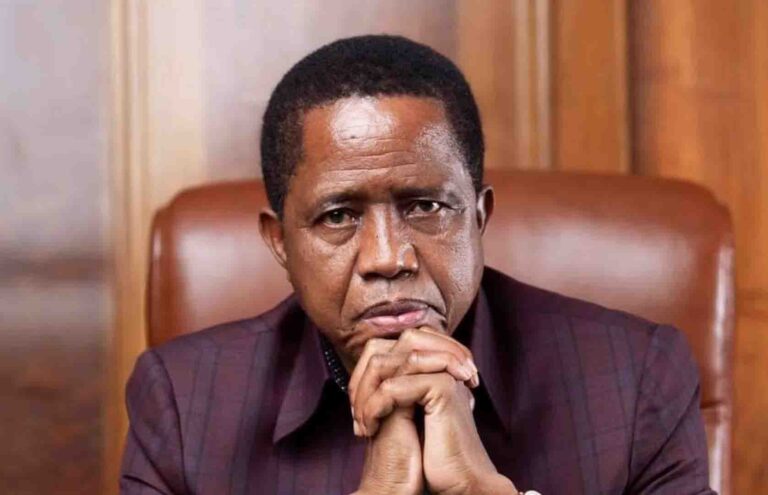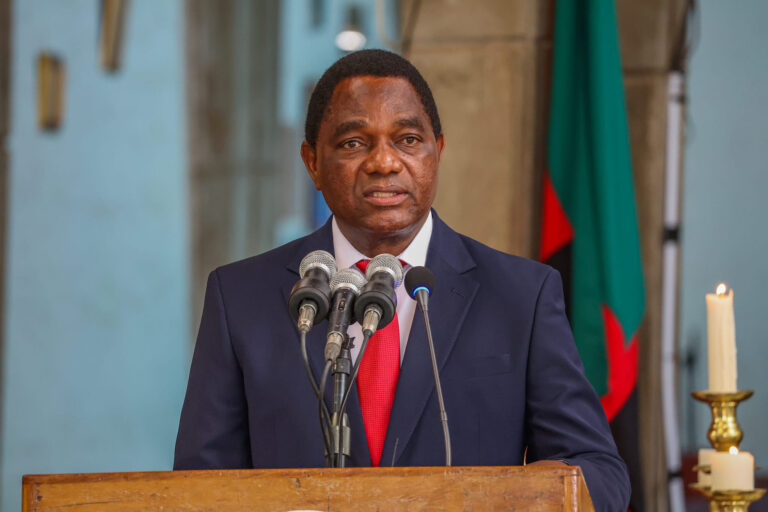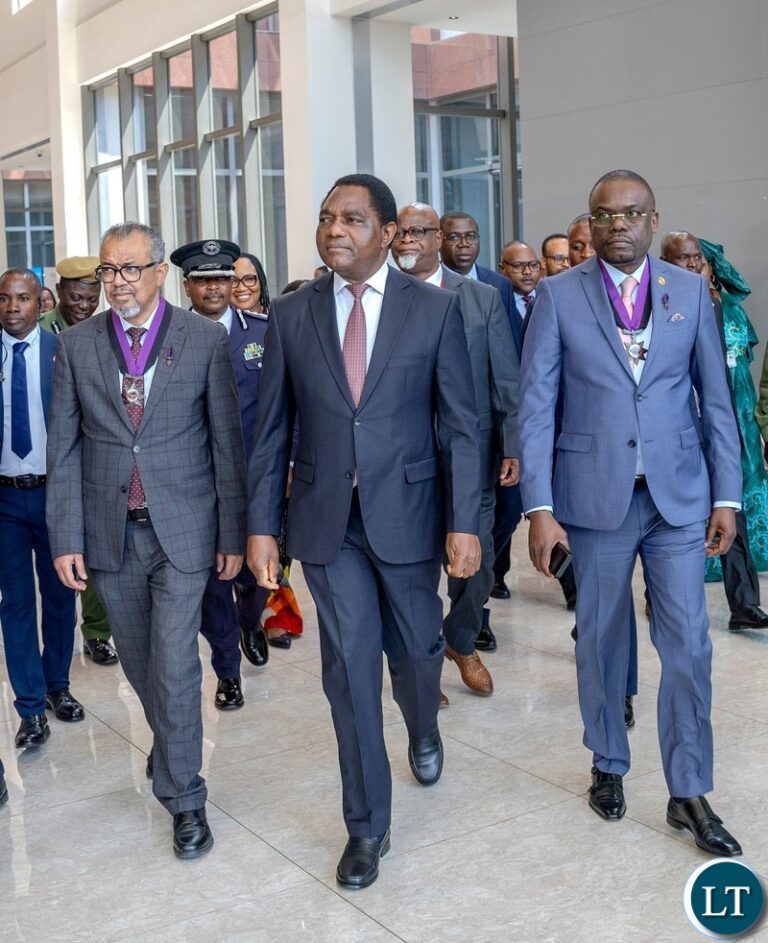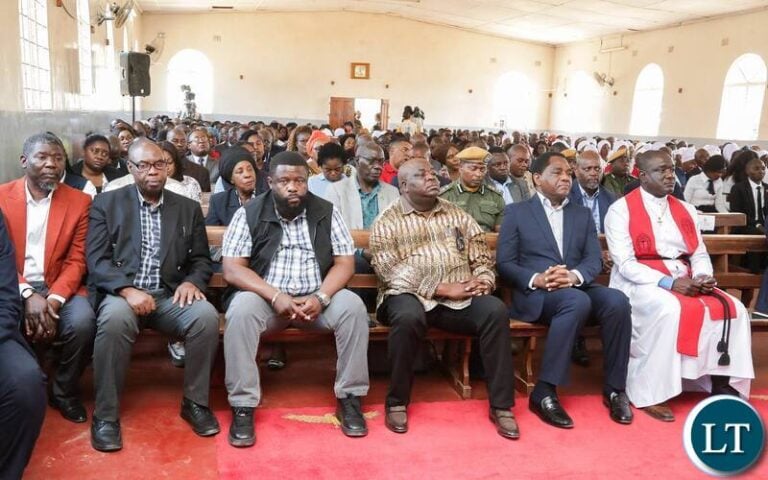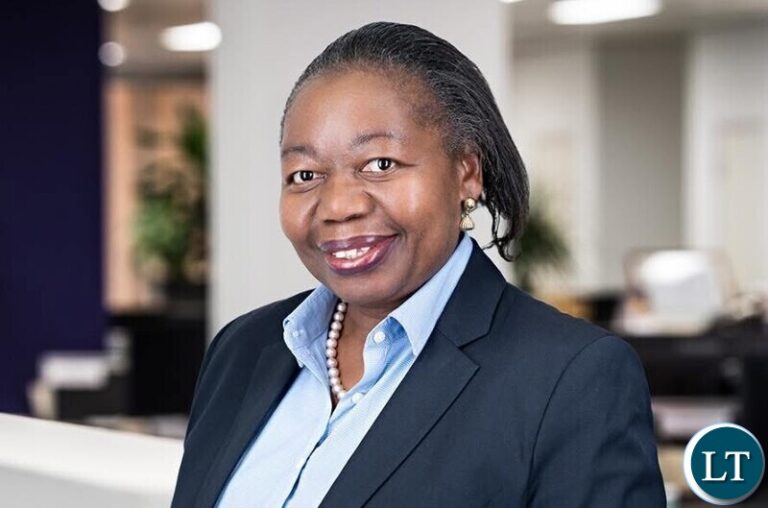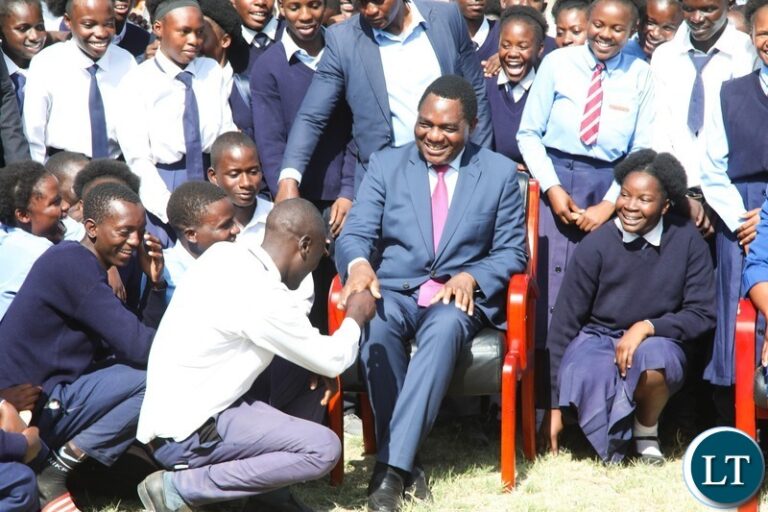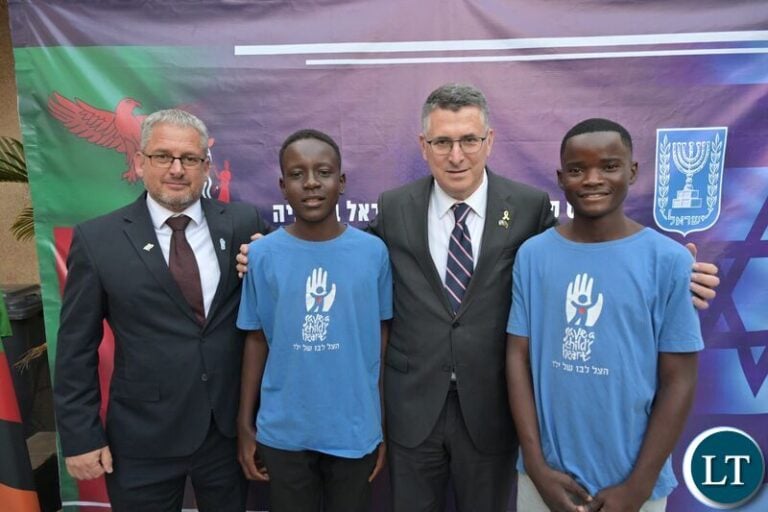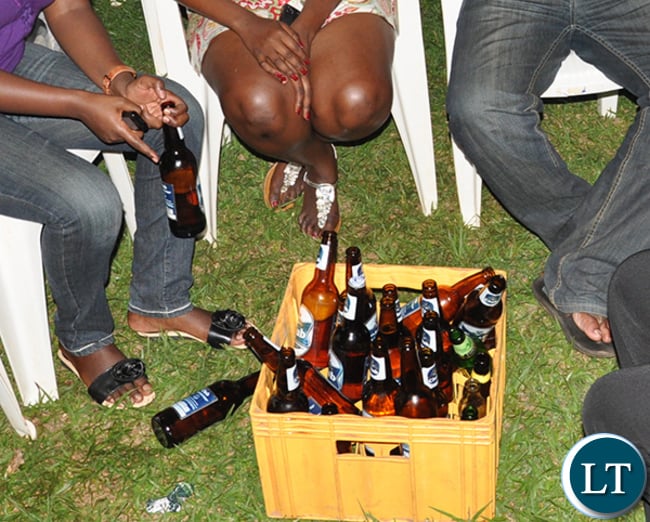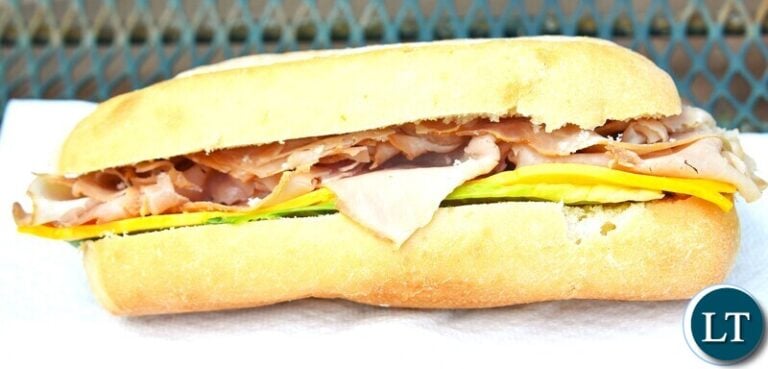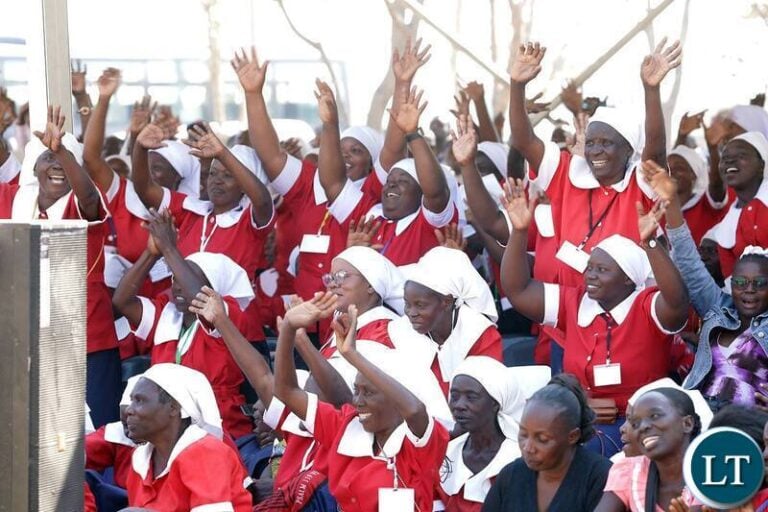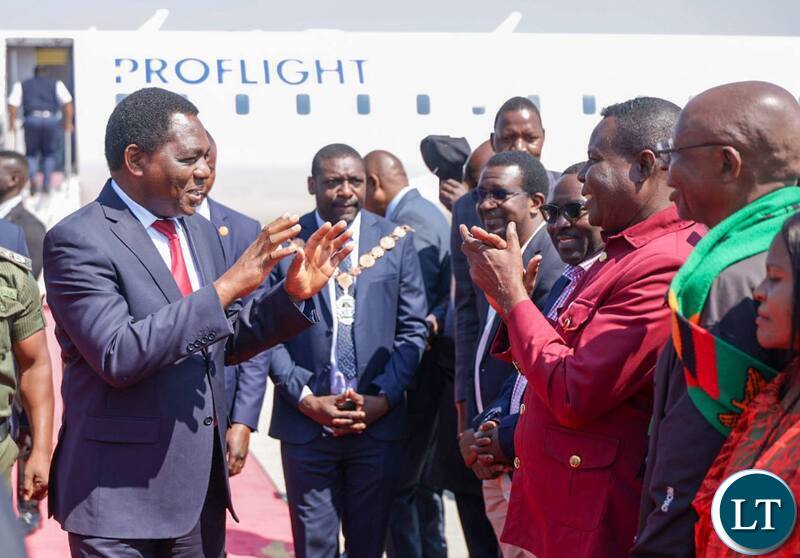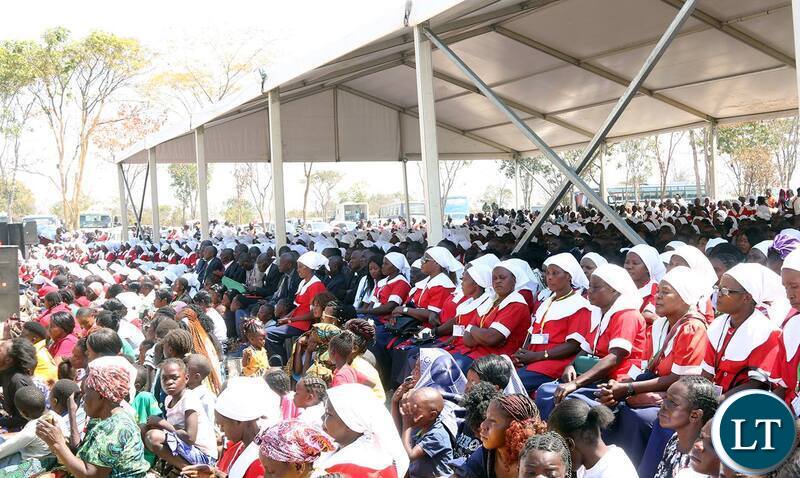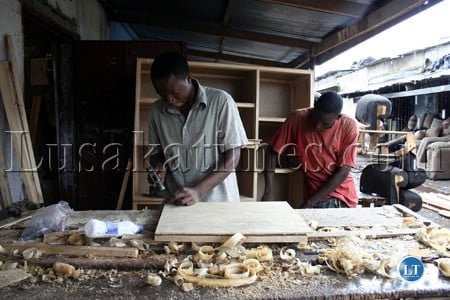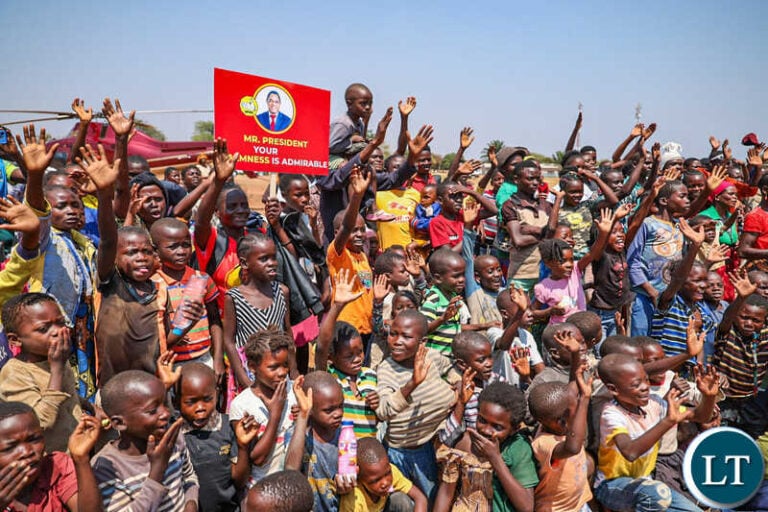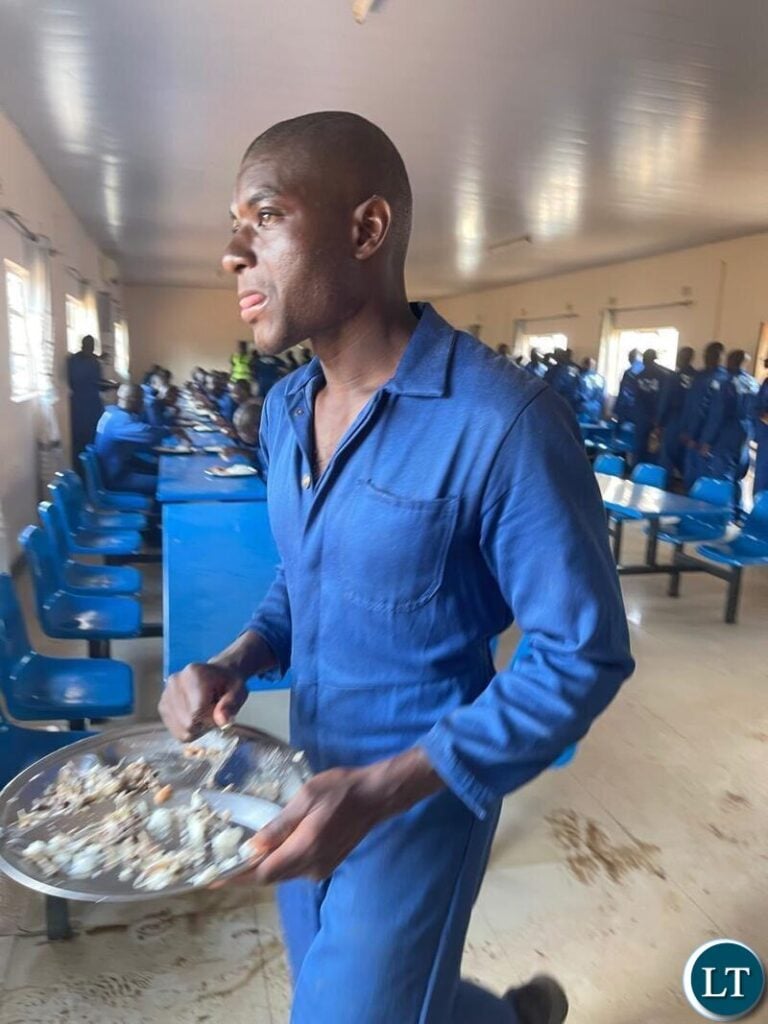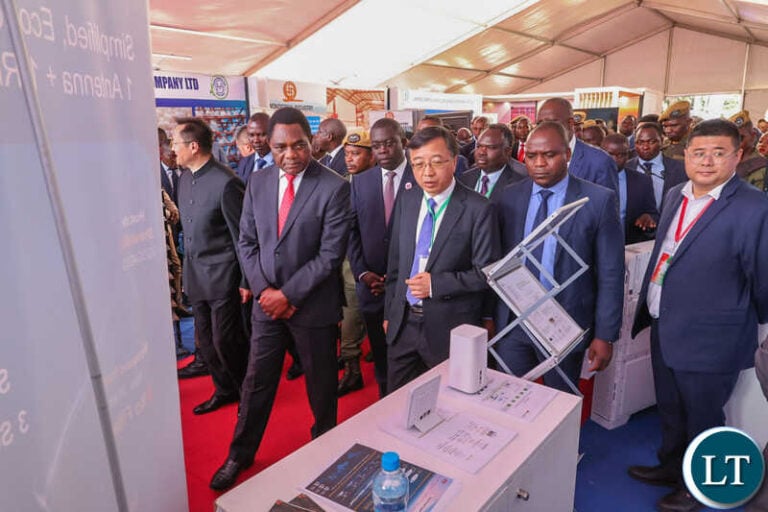President Hakainde Hichilema’s reaffirmation that all former heads of state must be buried at Embassy Park has turned a family matter into a national debate about law, tradition, and the balance between symbolism and personal choice. His statement that it is a “legal requirement” has placed the controversy at the heart of Zambia’s political and cultural identity, where precedent often carries more force than statute.
At first glance, the position appears straightforward. Embassy Park is more than a cemetery; it is a national memorial where Kenneth Kaunda, Michael Sata, and Frederick Chiluba rest. It is a site where history is taught, respect is displayed, and the presidency is elevated into permanence. To suggest a burial elsewhere, the state argues, would fracture the chain of continuity that Embassy Park represents.
Yet the legal framework tells another story. Neither the Benefits of Former Presidents Act nor any statute in the Laws of Zambia expressly requires burial at Embassy Park. What exists is a tradition reinforced by successive governments and public expectation. By presenting tradition as binding law, the state risks turning an issue that calls for empathy into one of enforcement. This approach makes a sensitive decision appear bureaucratic, limiting space for dialogue.
Critics see a contradiction. A government that promised to uphold the rule of law now appears to be stretching its authority into the most personal of matters. Families may feel compelled to submit, with unity presented not as respect but as obligation. Instead of healing division, the directive risks creating new fault lines, raising questions about the limits of state power over private grief.
Still, the counter-argument carries weight. National traditions are more than rituals; they are instruments of unity. Many nations set aside burial grounds for former leaders to strengthen collective memory. Allowing one president to be buried outside such a framework could be interpreted as a break from national cohesion. State funerals are not only family events but also moments of diplomacy, security, and symbolism. The government’s interest in guiding them cannot be dismissed.
This dispute therefore raises a broader question: who holds authority over memory? The family, who lived with the person behind the title, or the state, which curates the institution of the presidency? The answer touches both on the meaning of democracy and on the management of heritage.
A way forward requires more humility than the current approach has shown. Rather than declaring what the law does not explicitly require, the government could engage in dialogue that acknowledges Embassy Park’s value while respecting the wishes of families. Persuasion, not compulsion, would preserve both dignity and tradition.
President Hichilema is right to value the symbolism of Embassy Park. But leadership is measured not only by how one defends tradition but also by how one adapts it with compassion. True unity cannot be ordered or legislated; it must be built on dialogue and respect. The legacy of this administration may not hinge on where a president is buried, but on whether it showed empathy while balancing state symbolism with human dignity.


